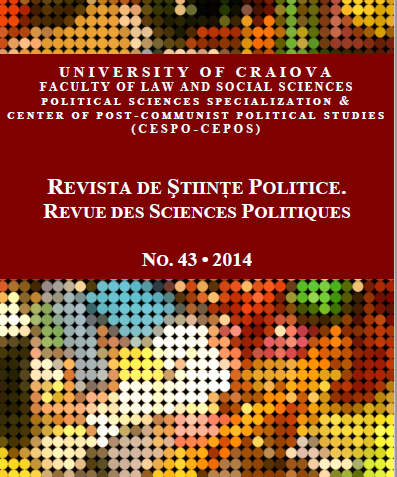The Scope and Limits of Czechoslovak Perestroika: the Case of Party’s Programme
The Scope and Limits of Czechoslovak Perestroika: the Case of Party’s Programme
Author(s): Martin ŠtefekSubject(s): Political history, Government/Political systems, History of Communism
Published by: Editura Universitaria Craiova
Keywords: Perestroika; Non-Democratic Regimes; Communism; Czechoslovakia; Transition to Democracy;
Summary/Abstract: The paper discusses the scope and limits of Czechoslovak process of perestroika in the late 1980s. Firstly, the author describes historical condition and obstacles for launching reforms inspired by Gorbachev’s ‘reconstruction’. Subsequently, it summarises phases of the reform. The election of Mikhail Gorbachev as General Secretary of the CPSU Central Committee, 27th Congress of the CPSU in 1986, plenary session of the CPSU Central Committee in January 1987 and 19th All-Union Conference of the CPSU in 1988. All these events represent major milestones of Soviet perestroika and as well as they define qualitatively different phases of Czechoslovak reform process. While the period of 1985–1986 is characterized as a ‘waiting game’ and neutral attitude toward Gorbachev on the part of Husák’s communist elite, during the second stage (1987–1989) the communist leadership admitted to start with modest reforms in the field of both the political system and economy. As a consequence of the reform process, differentiation and fractionalisation within the Czechoslovak communist leadership took place and resulted in personnel changes in Presidium of the KSC Central Committee and in the Czechoslovak government.
Journal: Revista de Științe Politice. Revue des Sciences Politiques
- Issue Year: 2014
- Issue No: 43
- Page Range: 22-31
- Page Count: 10
- Language: English

